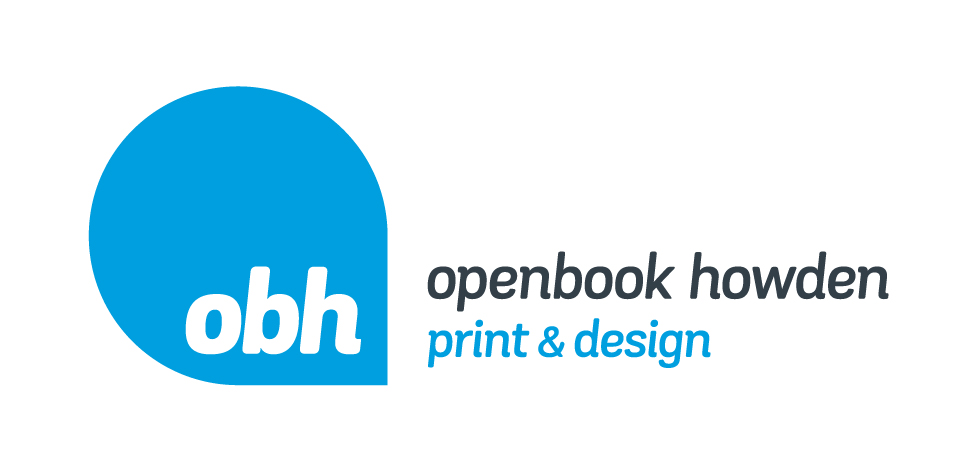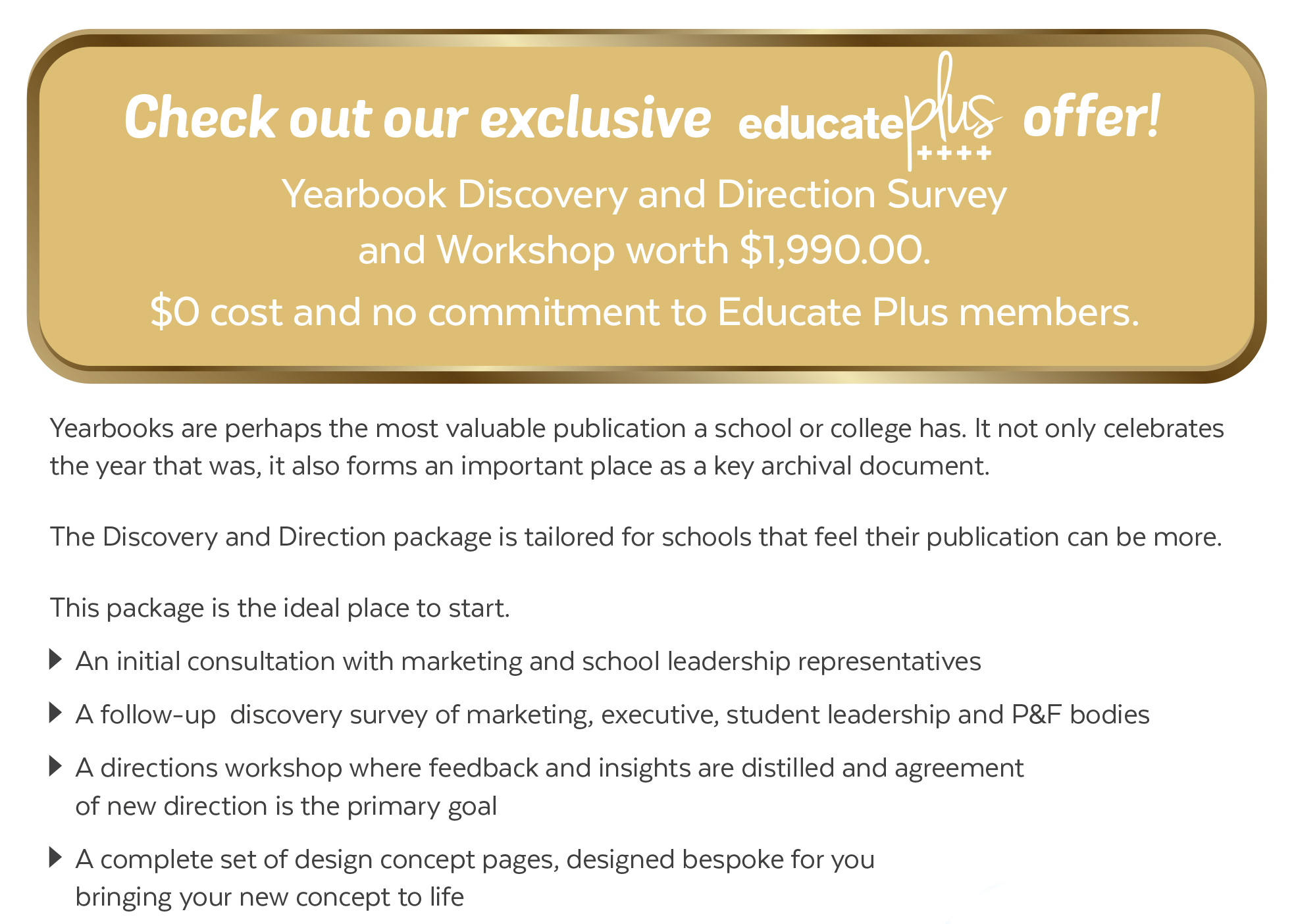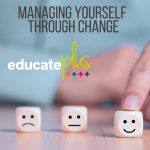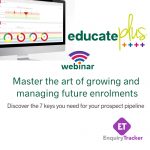Donor Relations – Your key to fundraising success
Last year, donor relations guru Lynne Wester (@DonorGuru) presented a series of Masterclasses entitled Keys to Amazing Communications to Australian Educate Plus Chapters. As one of the world’s most sought-after speakers and experienced fundraisers, Lynne believes that great donor relations is the key to fundraising success. A targeted and personalised communication strategy with the donor placed firmly centre-stage (not the institution) is essential to maintaining and building the donor relationship, hence building a successful fundraising program.
Lynne’s practical advice and insights struck a chord with both experienced and new advancement practitioners from the not for profit sector. Her warmth, humour and vision were both refreshing and inspiring and provided invaluable resources to take back to our professional communities.
Lynne challenged us to aim, not for a culture of philanthropy, but a culture of generosity. Philanthropy has been exclusively about money. However, generosity is more inclusive and about giving in many ways, including volunteering one’s time and talents. Generous people give to people, to a cause, not an institution. Donor relations isn’t about marketing your institution. It’s about demonstrating a need and a vulnerability in your cause, it’s about inspiring your donor to grasp the opportunity to make a difference.
So what does the evolving face of today’s donor look like?
- On average, 8 out of 10 donors give one gift to an organization and never return
- The average donor gives to between 5 and 9 causes. You will not be their only recipient.
- You need to be in the top 3 to get a major gift
- Millennials on average support 12-15 causes and are the most generous group since WW2. However, they don’t have capacity yet.
- Young people (Gen X and below) will not give to an institution, they give to a cause
- The average person will receive 17 messages a day asking for a donation
- 87% read their communications on a mobile phone
- Women are becoming more decisive and more involved as donors and are changing philanthropy
- Women give collaboratively and collectively, many in a volunteering capacity
- Men (the traditional philanthropists) give competitively and comparatively and for acknowledgement by others of the dollars given.
Are your communications communicating?
As our donor base is changing, so too our fundraising strategies are evolving, however our communications may be stuck in the past. While communication is essential to many aspects of Advancement, Lynne’s focus was on donor relations.
Many organisations try to package everything into one communication, we use a single entity such as a newsletter or magazine to target the whole community. But this is too broad and becomes of little value to anyone, especially the donor. Communicating in masse does not work, we need to segment. As a fundraiser, forget about marketing, forget about enrolments, forget about the week’s activities and sporting results. These messages belong to other members of the Advancement team and will only confuse the donor. Don’t try to sell the whole school or institution. Focus on a cause, a single message.
Tell a powerful story with just one message. Inspire your donor to fill a need, to change a life.
Know your donor!
Ask yourself, who am I talking to? Your donor (not the institution) is the centre of the relationship. Your donor needs to know that you know them, so personalisation is the key to your communications. Know them by their first name, listen to them, ask them how they would like to hear from you and how often. Most donors prefer once a month or every quarter. Money is not the only thing donors give, they may also give generously with the precious commodity of time!
Most donors prefer digital communications with 87% reading communications on their mobile phone. Older donors, those over 65, also prefer digital including skype, however print is still important. Segment your audience and communicate appropriately. Know precisely what you are asking them to do and why you are asking. Is your message clear, brief and inspiring?
Maintain your relationship, look after your donor. Keep them informed and thank them for their generosity many times. Personalise your thanks with a hand-written note which acknowledges their generosity. Assure them their gift is being used as intended and that the program is having the desired outcomes. 60% of donors value a personalised experience when donating or volunteering.
Suzanne Moorhead. F.Edplus
Writer: Education and Advancement



































 Q & A with
Q & A with 